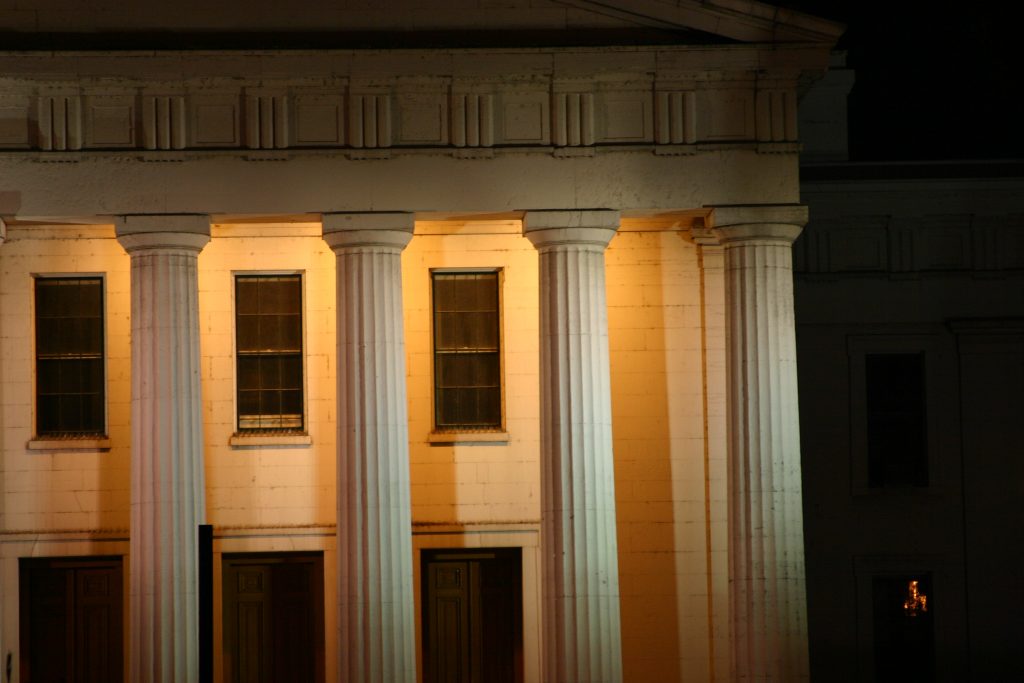 Legal issues can be separated into procedural and substantive categories. Although some may view procedural requirements as mere technicalities, they are essential to the efficient and fair operation of the legal system. Parties to a lawsuit must ensure that they meet all procedural requirements of a lawsuit, or else risk the lawsuit being decided against them. In a recent case, the defendant attempted to have the case dismissed based on an alleged procedural failure by the plaintiff. It demonstrates the importance of procedural requirements, as well as the complexities of some procedural issues.
Legal issues can be separated into procedural and substantive categories. Although some may view procedural requirements as mere technicalities, they are essential to the efficient and fair operation of the legal system. Parties to a lawsuit must ensure that they meet all procedural requirements of a lawsuit, or else risk the lawsuit being decided against them. In a recent case, the defendant attempted to have the case dismissed based on an alleged procedural failure by the plaintiff. It demonstrates the importance of procedural requirements, as well as the complexities of some procedural issues.
This case arises from a petition for damages made by Immaculeta Anyanwu against defendants, East Baton Rouge Parish Sheriff’s Office and Sheriff Sid J. Gautreaux III, for injuries Ms. Anyanwu allegedly sustained. Ms. Anyanwu attached an in forma pauperis (initiation of a legal action without having to pay for court fees or costs due to lack of financial resources) affidavit with her petition. On January 5, 2012, the Trial Court denied her in forma pauperis request as “incomplete.” Ms. Anyanwu was informed of the Trial Court’s denial and made a payment of $710.00 to Court on March 16, 2012, seventy-eight days after the filing of her petition. The Sheriff was served with Ms. Anyanwu’s citation on July 23, 2012.
The Sheriff alleged that Ms. Anyanwu’s service of citation was not timely under La. R.S. 13:5701(D)(1) because it was not within ninety days. The Sheriff requested that the proceedings against him be dismissed under La. C.C.P. art. 1201(C). The Sheriff also argued that service could not be considered made without the payment of filing fees. The Trial Court with the Sheriff that the service of process was insufficient and dismissed the suit. Ms. Anyanwu appealed the trial court’s decision.
 Louisiana Personal Injury Lawyer Blog
Louisiana Personal Injury Lawyer Blog


 Imagine going for a horseback ride to clear your head and take a time-out from the hectic everyday happenings of life. Now imagine that the relaxing ride comes abruptly to an end when both you and the horse are involved in a collision with an automobile. A similar situation occurred on Hano Road in Tangipahoa Parish, Louisiana when Taresa Graves and her horse were hit by a car driven by Andre Freeman. Aside from the injuries suffered during the accident, the real headache began for Ms. Graves once the trial began out of a lawsuit she filed against both Mr. Freeman and Safeway Insurance of Louisiana, the company having previously insured the car that Mr. Freeman was driving.
Imagine going for a horseback ride to clear your head and take a time-out from the hectic everyday happenings of life. Now imagine that the relaxing ride comes abruptly to an end when both you and the horse are involved in a collision with an automobile. A similar situation occurred on Hano Road in Tangipahoa Parish, Louisiana when Taresa Graves and her horse were hit by a car driven by Andre Freeman. Aside from the injuries suffered during the accident, the real headache began for Ms. Graves once the trial began out of a lawsuit she filed against both Mr. Freeman and Safeway Insurance of Louisiana, the company having previously insured the car that Mr. Freeman was driving. 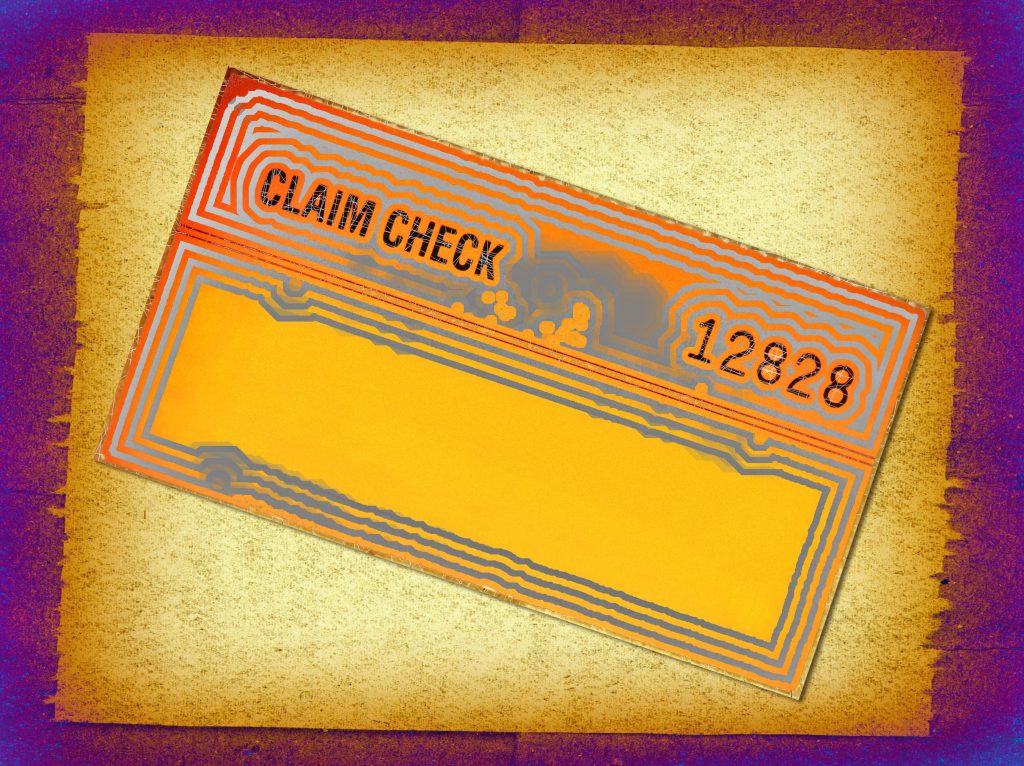 When plaintiffs sue based upon statutes, legal decisions often hinge upon how the statute is interpreted. In many cases, this can depend on how the court interprets the meaning of a single word within the statute. In order to interpret legal statutes, courts employ a process known as statutory construction. In this case the court utilized statutory construction to determine that the meaning of “claim” used in the Louisiana Revised Statutes did not apply to a final “judgment” issued by a court.
When plaintiffs sue based upon statutes, legal decisions often hinge upon how the statute is interpreted. In many cases, this can depend on how the court interprets the meaning of a single word within the statute. In order to interpret legal statutes, courts employ a process known as statutory construction. In this case the court utilized statutory construction to determine that the meaning of “claim” used in the Louisiana Revised Statutes did not apply to a final “judgment” issued by a court. Imagine you go to a hospital for a medical emergency such as leg weakness, back pain, and paresthesia. While you are at the hospital, you feel that you are treated harshly and unprofessionally by the physician that examines you. Later, you find out that the physician wrote insulting things about you in your consultation report, which is now a part of your permanent medical record. This situation was a reality for Ms. Michelle Conner.
Imagine you go to a hospital for a medical emergency such as leg weakness, back pain, and paresthesia. While you are at the hospital, you feel that you are treated harshly and unprofessionally by the physician that examines you. Later, you find out that the physician wrote insulting things about you in your consultation report, which is now a part of your permanent medical record. This situation was a reality for Ms. Michelle Conner.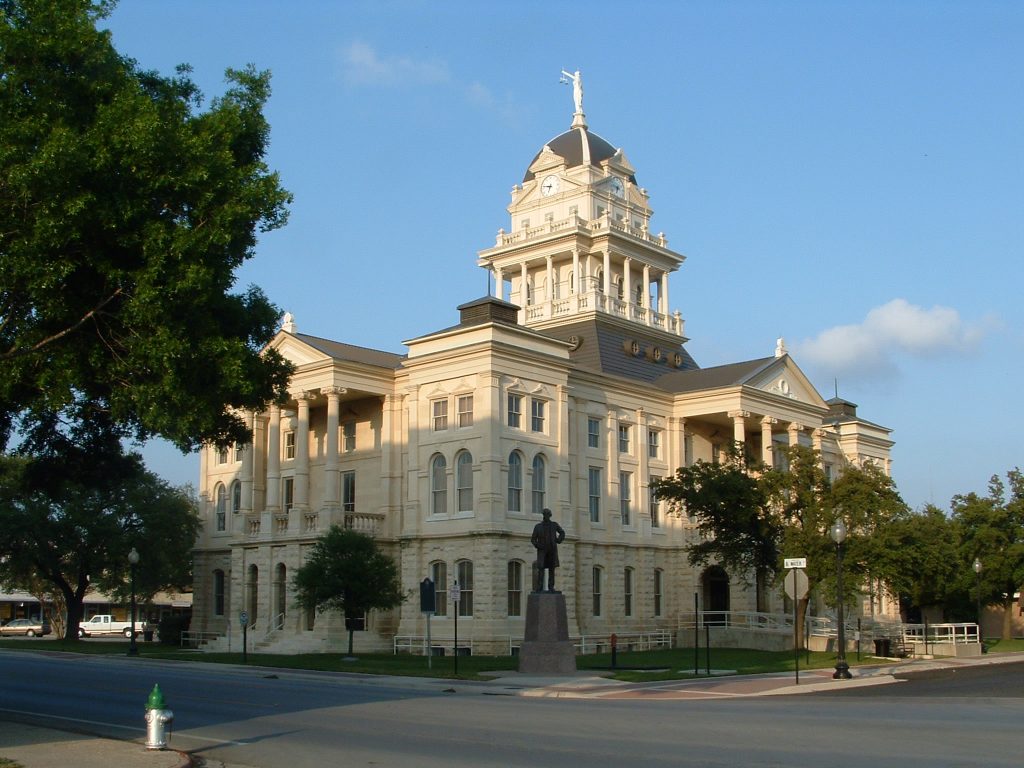 party. These costs can include expert witness fees, deposition fees, exhibit costs, costs for the clerk of court, the cost of obtaining medical records and related expenses. See
party. These costs can include expert witness fees, deposition fees, exhibit costs, costs for the clerk of court, the cost of obtaining medical records and related expenses. See  When a driver fails to satisfy the standard of care, the driver’s negligence during an automobile accident may be considered in a lawsuit. The standard of care is the amount of caution that must be exercised by a person who is under a duty of care. A case out of Ouachita Parish demonstrates the special rules that a left-turning driver must follow and the presumption of negligence that attaches to a left-turning driver.
When a driver fails to satisfy the standard of care, the driver’s negligence during an automobile accident may be considered in a lawsuit. The standard of care is the amount of caution that must be exercised by a person who is under a duty of care. A case out of Ouachita Parish demonstrates the special rules that a left-turning driver must follow and the presumption of negligence that attaches to a left-turning driver. According to the Alzheimer’s Association, 5 million people are currently living with Alzheimer’s disease. Statistics also show that people age 70 are 61% more likely to die from the disease before they turn the age of 80, compared to 30% of the people living without it. So what is Alzheimer’s disease? It is a type of dementia that causes problems with memory, thinking, and behavior. Symptoms worsen over time, rarely get better and are so severe that they can interfere with the daily lives of these individuals. A recent case out of the Louisiana First Circuit Court of Appeal is illustrative of just some of the hardships those who suffer from Alzheimer’s disease face.
According to the Alzheimer’s Association, 5 million people are currently living with Alzheimer’s disease. Statistics also show that people age 70 are 61% more likely to die from the disease before they turn the age of 80, compared to 30% of the people living without it. So what is Alzheimer’s disease? It is a type of dementia that causes problems with memory, thinking, and behavior. Symptoms worsen over time, rarely get better and are so severe that they can interfere with the daily lives of these individuals. A recent case out of the Louisiana First Circuit Court of Appeal is illustrative of just some of the hardships those who suffer from Alzheimer’s disease face.  Concursus proceedings can be complicated. In a concursus proceeding, multiple parties assert competing claims to money or property.
Concursus proceedings can be complicated. In a concursus proceeding, multiple parties assert competing claims to money or property. 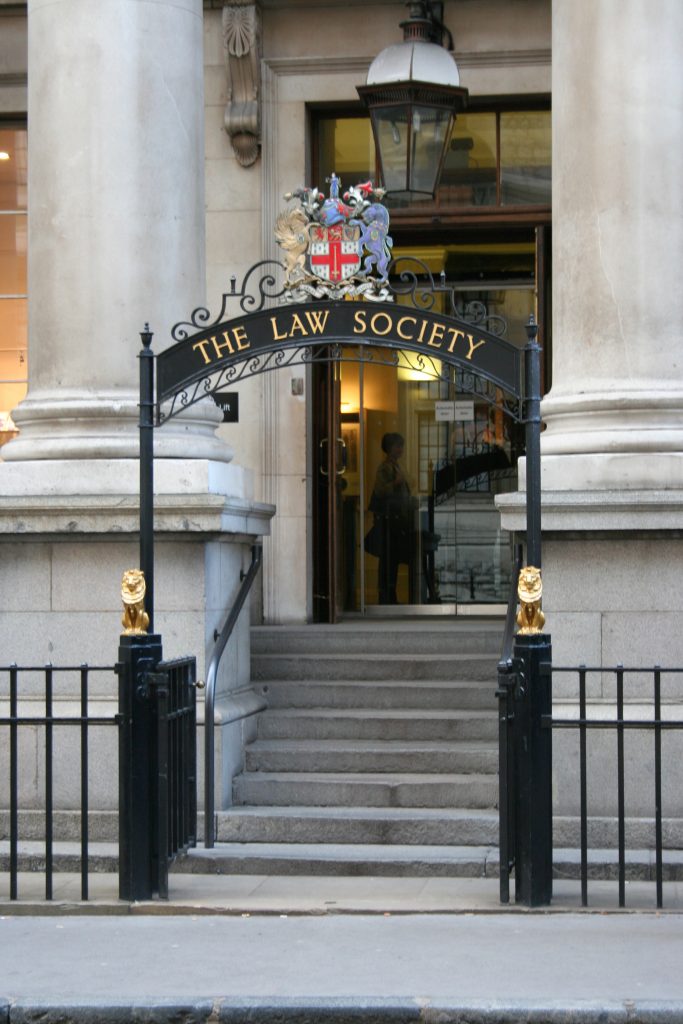 Louisiana law strongly encourages arbitration as a method of resolving disputes. Arbitration is a form of alternative dispute resolution whereby parties agree to be bound by the decision of neutral third parties. Arbitration promotes efficiency in dispute resolution because it attempts to resolve disputes before court involvement becomes necessary. It prevents courts from becoming backlogged with excessive caseloads. While arbitration promotes court efficiency, it can be a burdensome roadblock to certain litigants seeking recovery. A recent Louisiana case is illustrative.
Louisiana law strongly encourages arbitration as a method of resolving disputes. Arbitration is a form of alternative dispute resolution whereby parties agree to be bound by the decision of neutral third parties. Arbitration promotes efficiency in dispute resolution because it attempts to resolve disputes before court involvement becomes necessary. It prevents courts from becoming backlogged with excessive caseloads. While arbitration promotes court efficiency, it can be a burdensome roadblock to certain litigants seeking recovery. A recent Louisiana case is illustrative.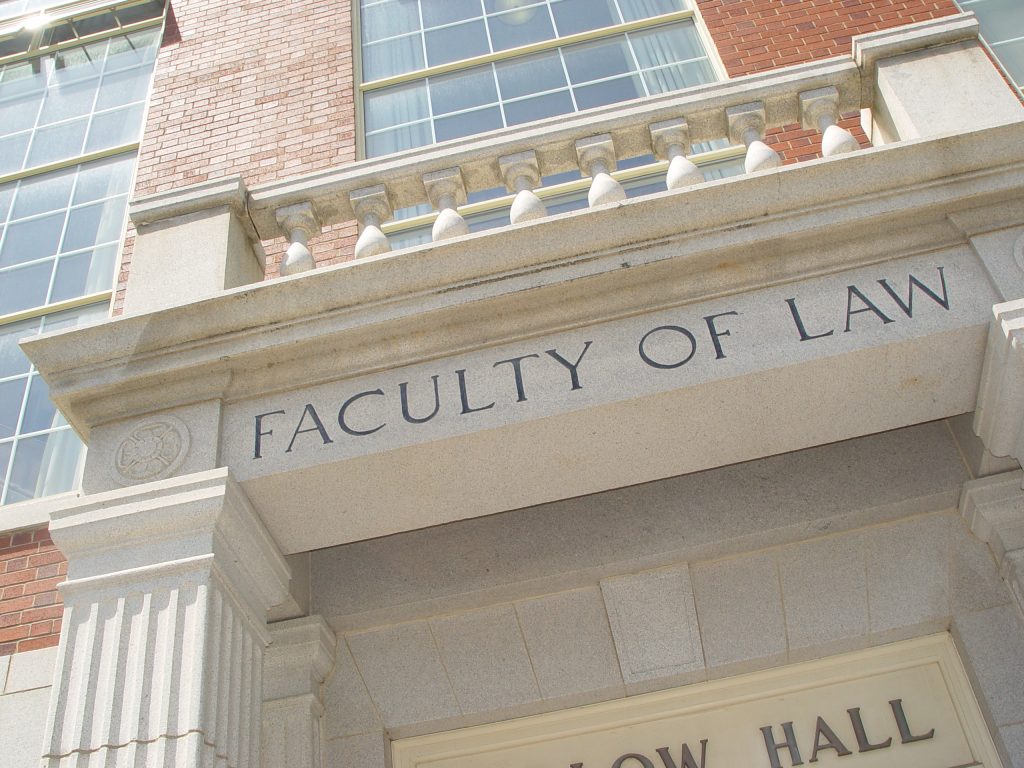 Are you being or have you been sued and simply can’t afford court costs and litigation due to financial instability? If this is your case, you can file an affidavit of poverty also known as obtaining pauper status pursuant to
Are you being or have you been sued and simply can’t afford court costs and litigation due to financial instability? If this is your case, you can file an affidavit of poverty also known as obtaining pauper status pursuant to